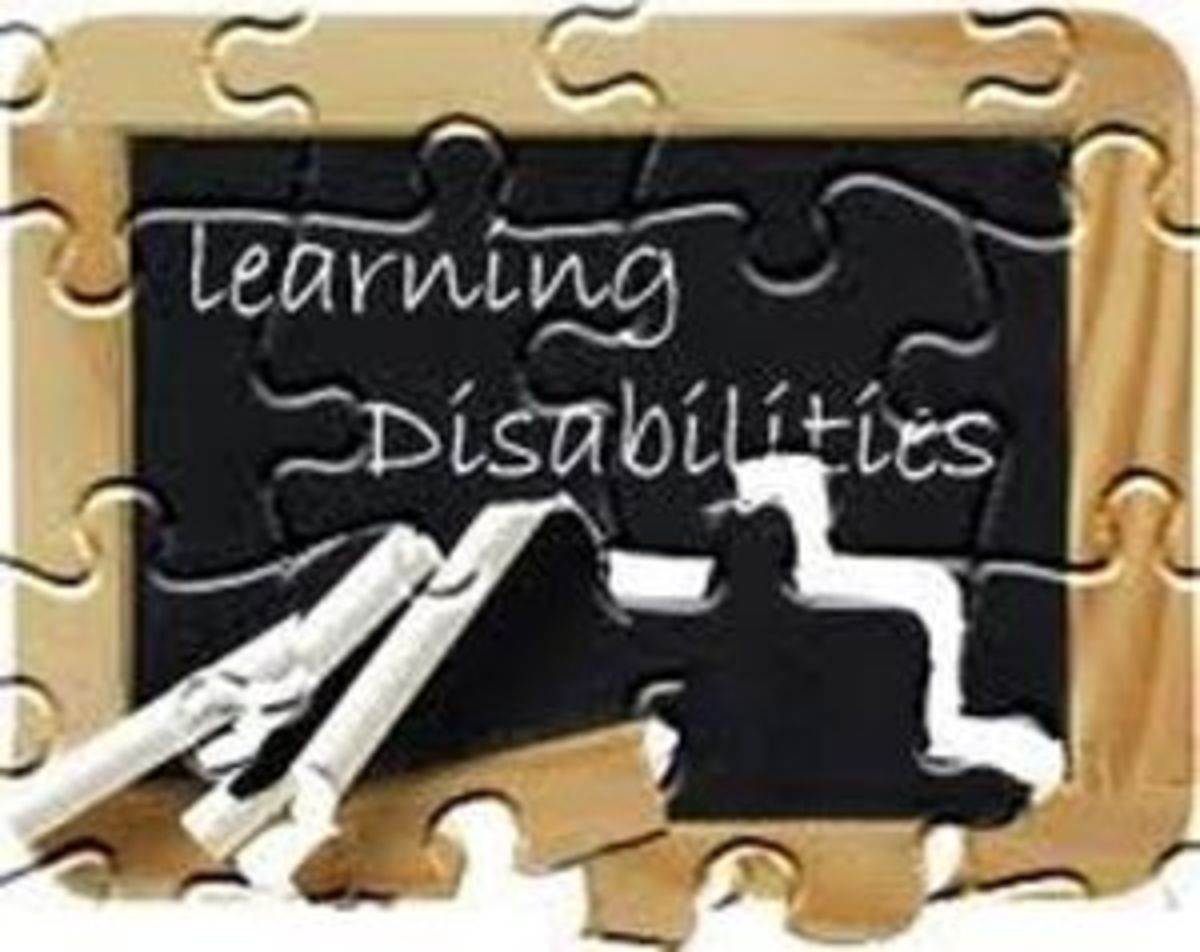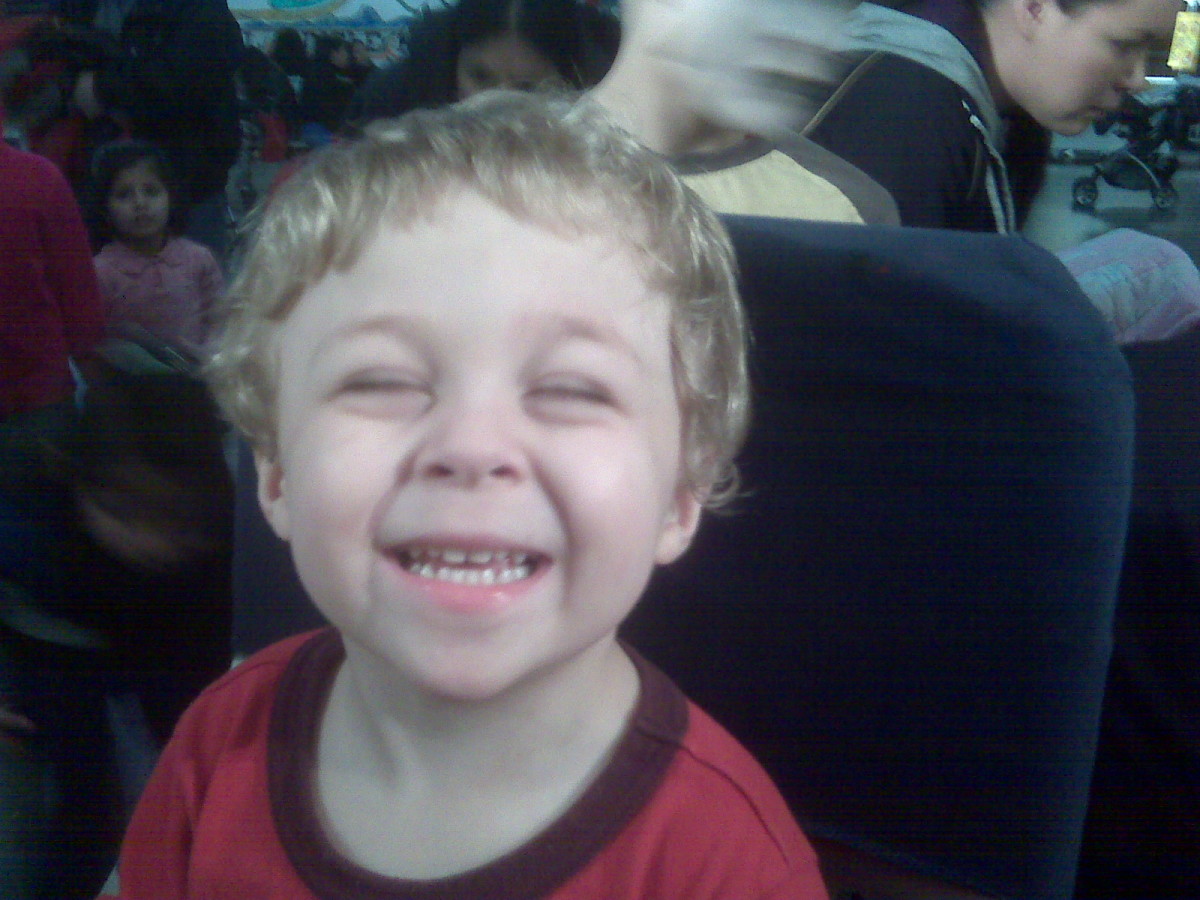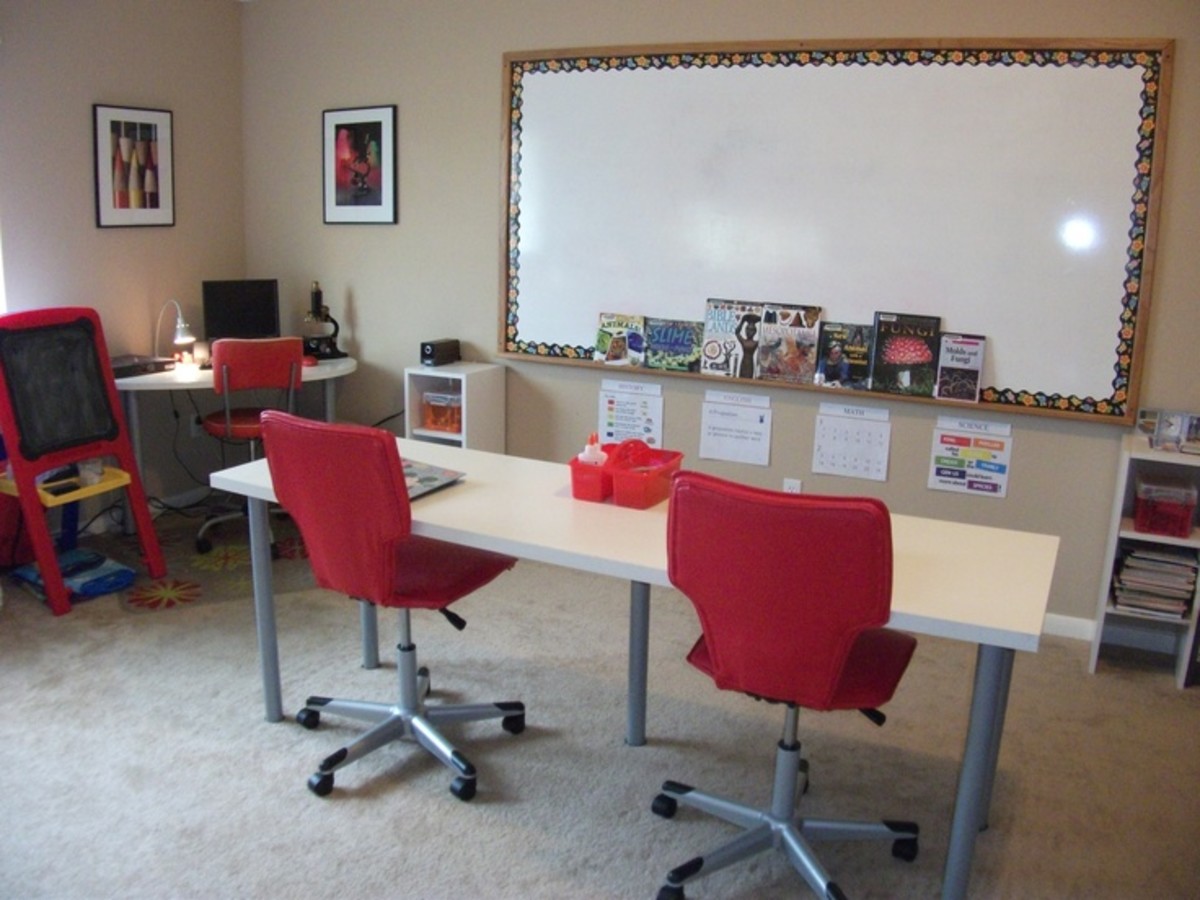Dealing with a Friend's Learning Disability

Learning disabilities influence the way kids learn, but they can also have a profound impact on social situations. Just because your friend is diagnosed with one doesn't mean that the friendship has to suffer from it.
Diagnosis Doesn't Change Who They Are
Regardless of diagnosis, your friend is still the same person as they were before. They still have a sense of humor, enjoy doing things with you and have the same talents they always had.
All the learning disability means is that they now have a name for why they have been struggling. With the labels access to tools which will help them learn what they need to learn without their disabilities getting in the way.
Treat them the same way as you always have and let them know that you still see them the same way you always have. Their differences have always been there, but now they have a name for it.
Stress Levels
When a person is first diagnosed with a learning disability, they may be relieved to know they're not alone in their struggle and they can find ways to make it easier. However, they may also experience sadness, anger and depression.
Their parents and family will also be a great deal of stress. Since your friend is the focal point, that only makes the pressure worse.
This, in turn, may prompt them to lash out at people around them. They won't necessarily mean what they say or do to you in the beginning.
Think about how you feel when you're under a lot of stress and how short your temper is when things get tough. That's the exact spot that they're in. Try to understand their feelings, and let them know that you're there for them.
Educate Yourself About the Disability
Unless your friend already has a parent or sibling with the same diagnosis, they probably won't have a good understanding of the disability itself. This only adds to the frustration for them and everyone around them.
The best way to combat this is to research the disability with them, and talk to them about how it effects them.
Avoid correcting their errors, unless they ask for your help, and don't tease them about it.

Understand the Accommodations
Your friend will probably get additional accommodations to help them in the school room. Dyslexic kids may get headphones to use as they read and extra time for tests, for example.
Although this may seem like cheating or extra privileges, realize that they're not. They're simply ways to help your friend absorb the information they need to.
These measures level the playing field, because your friend perceives information differently than most of the rest of the class. They can't learn in the same way that most of it is taught.
Social Problems
Although learning disabilities are concentrated upon in the classroom, they can also impact how they interact with people.
For instance, many dyslexics have problems keeping track of directions or sequences of instructions. This means that some of them get lost more easily, which can make them late for appointments.
If they're late for the movies or a party, odds are, they aren't disrespecting you or doing it on purpose. Their disability probably just got the better of them.
This goes back to learning about the disability. The more you know about it, the easier it will be to find ways around the social impact of its effects.
More Resources
- National Center for Learning Disabilities | NCLD.org - NCLD
The National Center for Learning Disabilities – the leading online resource for parents and educators on learning disabilities and related disorders. - Alternative Wiring
A blog about learning and developmental disabilities.
It's Not a Disease
There are quite a few people who may veiw disabilities as a disease and feel the need to find a cure for them. This couldn't be further from the truth.
You can't catch dysgraphia from someone if they happen to sneeze on you.
Learning disabilities are simply symptoms of a different type of neurological makeup. There's nothing wrong with your friend. They're just wired a bit differently, which means they have a unique way of looking at the world differently than most other people.
As such, they don't need to be 'cured' because there's nothing wrong with them. Although they may struggle with their weaknesses, they also have their own distinctive strengths.
Think about things that you can't do. When you first pick up a violin, you don't know how to play it. No matter how hard you try, you may not be able to learn, but that doesn't necessarily mean there's something wrong with you. You don't need to be 'cured' of a disease.
Learning disabilities are similar. Their weaknesses happen to be in how information is taught in the schools, or reading, or math. The difference is that these things are required to pass their classes and makes life far easier afterwards, whereas learning violin isn't.
The diagnosis is important because once teachers and doctors know what the disorder is, they can find out what types of accommodations are needed to help your friend.
Loyalty
In addition to being there for them when they need you, there may come times in which you'll be witness to others making fun of them behind their back. By speaking up when people start gossiping or making fun of them, you'll be driving the message home that that behavior is not ok.
Unfortunately, many people still think that it's ok to joke about learning disabilities. Although things like reversed words can be amusing when it happens, it is not acceptable to make fun of the disorders.
That's right up there with making fun of someone who needs assistance to get around, has other forms of neurological disorders or because of any other factor a person can't help.
The only way you can help prevent bullying is to make it known it won't be tolerated.

Take Good Care of Yourself
It's important to remember that you need to be happy and healthy, too. Friendships can be very challenging, and when one of your friends is going through any life changing event, they get even harder.
Remember to pay attention to and spend time with the rest of your friends, too. The more positive relationships you foster, the better you'll be able to help your friend in need.
Avoid negativity as much as possible. Certain topics can bring out the worst in people, and your mental health can take a downturn if you're constantly around negative people.
If your friend with the learning disability begins sinking into depression, abusing drugs or hanging out with dangerous people, don't be afraid to go to an adult for advice. They may need the help of a counselor, but you shouldn't be dragged down or put in harm's way, either.
It's possible that you may need to break the friendship off if your friend starts to get abusive towards you. Although they're under pressure, there's no excuse for intentionally using or hurting anyone else.
As with any friendship, there are many more factors behind its dynamics than a newly diagnosed learning disability. You're both unique individuals, so the survival of your friendship depends on compassion and understanding.
Technical Notes
Other disorders which the information in this article can help with are:
- Sensory Processing Disorders
These effect how a person perceives the world. They may be more or less sensitive to any stimuli, including light, sound and sensation. - Autism Spectrum
Autism is technically considered a developmental disorder which heavily influences how an individual interacts with those around them.
Although these disorders are also neurological in nature, they're not considered to be learning disabilities in and of themselves. However, they can still impact how a person functions without those around them being aware of what's going on.
Do you have a friend or family member with learning disabilities?










